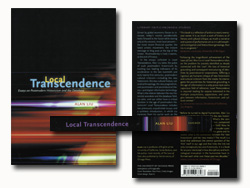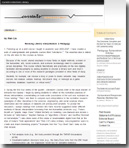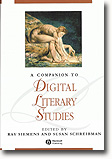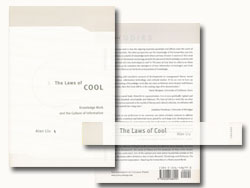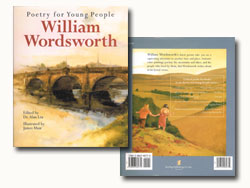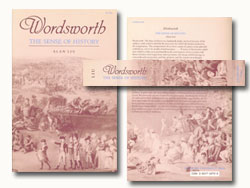This is one of the earliest “blog” essays I wrote–so early that it preceded the era of blogs.
Citation: “Should We Link to the Unabomber? An Essay on Practical Web Ethics.” English Department, UC Santa Barbara, 9 October 1995. http://oldsite.english.ucsb.edu/faculty/ayliu/research/whyuna.htm
Excerpt
Date: 9 October 1995
Background: The Emergence of the Unabomber Manifesto on the Net
Shortly after the publication of the Unabomber’s “Manifesto on Industrial Society and its Future” in the New York Times and Washington Post on Sept. 19, 1995, Time-Warner mounted the Manifesto on its Web server and made it available as a subpage (titled “Unabomber: Tightening the Net”) from its Pathfinder home page. The link to the full text of the Manifesto is accompanied on the “Tightening the Net” page by links to a variety of mainstream media stories and commentary as well as by updates on the FBI’s manhunt. Copies of the Manifesto have subsequently also appeared on other servers on the net.
The Issue: To Link or Not to Link From a Scholarly Research Page
The Manifesto, its context, and its reception are events of major interest to scholars in such fields as science-technology-and-culture, sociology, journalism, etc. This is all the more so because the distinctly academic style of argumentation and language in the Manifesto (which comes complete with the bomber’s endnotes) establishes an intense feedback loop or “reverb” with the academic institutions whose faculty and staff have been among the bomber’s favorite targets–and casualties.
Given the nature of the Manifesto’s original publication history, however (i.e., violently coerced), the ethics of participating to any degree in the further dissemination of the document is problematic. This is certainly the case if one were considering mounting a duplicate of the whole document on one’s server. But it is also the case, however attenuated and primarily symbolic, if one is merely considering creating a link to the document as it exists on someone else’s server.
In the broadest perspective, the Unabomber incident is a uniquely compelling test of the ethics of pure research. . . .
 Essays , Publications
Essays , Publications
